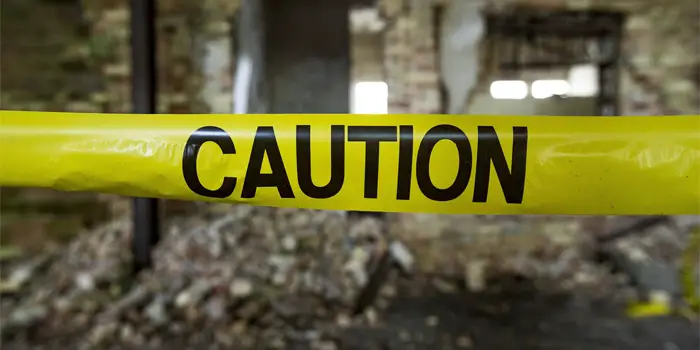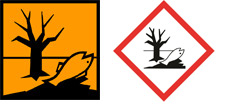These CSCS mock exam questions and answers will test your knowledge of Environmental Awareness and Waste Control. This is one of the 16 core categories you’ll need to know if you want to pass your CITB Health Safety and Environment Test for operatives and get a CSCS card in 2024.

1. Who is responsible for minimizing waste on a construction site?
a. Only your supervisor is responsible
b. Everyone is responsible
c. Only your site manager is responsible
d. Only your health and safety rep is responsible
2. Which of these would you classify as hazardous waste? (Choose 2 answers)
a. Broken glass
b. Used spill kit pads that have oil
c. Broken bricks
d. Fluorescent light tubes
3. What should you do if you need to get rid of hazardous waste liquid on site?
a. Seal it in a container then put it in a general waste bin
b. Pour it into the sand and let it soak in
c. Pour it down the toilet
d. Ask your supervisor how you can get rid of it
4. If you’re the first to notice an oil or diesel spill on site you should:
a. Leave it; it’s not your job or responsibility
b. Inform your supervisor at the end of the day
c. Go back at the end of your shift and clean it up
d. Stop what you’re doing, contain it, tell your supervisor, and then clean it up
5. What does the health and safety sign below mean?

a. Fishing not allowed in this area
b. Harmful to the environment
c. Swimming is not allowed in this area
d. Use protective gloves
e. Corrosive
6. How should you dispose of a container that has any of the labels above on it?
a. It’s safe to put in a general waste bin
b. You’ll need to follow the instructions in your work document or the instructions on the container
c. Leave it for your supervisor to look after
d. Wash it in the sink then put it in a bin
7. What should you do with soil collected after you’ve cleaned up an oil leak?
a. Dispose of it in a general waste bin
b. Use a pressure washer to wash the oil off the soil
c. Mix it with other soil and try to minimize the oil
d. Treat it as hazardous waste and dispose of it according to the rules of your worksite
8. What’s the FIRST thing you should do if you need to undertake noisy work that might exceed your site’s normal working hours?
a. Just get on with it and try to finish as soon as possible
b. Go around to the neighbours and inform them
c. Speak to the site management team and await instructions
d. Put on your correct PPE and resume working
9. What should you do if there’s a bird in a nest in your designated work area?
a. Shout at it and try to scare it away
b. Move it out of your way then put it back after you’ve finished
c. Use a container or bucket to cover it
d. Inform those around you then find your supervisor and let him know
10. You should not store heavy materials such as bricks under a tree because:
a. It would not be easily visible
b. The heavy materials could compact the soil and damage the roots
c. It would be difficult to retrieve items if they were under a tree
d. It would be difficult to navigate vehicles around a tree
11. Choose TWO things you could do to help minimize waste:
a. Reuse items instead of discarding them e.g. half bricks
b. Always take extra materials in case you need them
c. Always take new materials at the beginning of each day
d. Take only the amount of materials you need and return leftovers and reseal them if possible
12. Which of these is not a good site practice?
a. Burning waste on site
b. Reusing off-cuts such as half bricks
c. Avoiding spills
d. Switching off machinery when not in use

GOOD GRADE